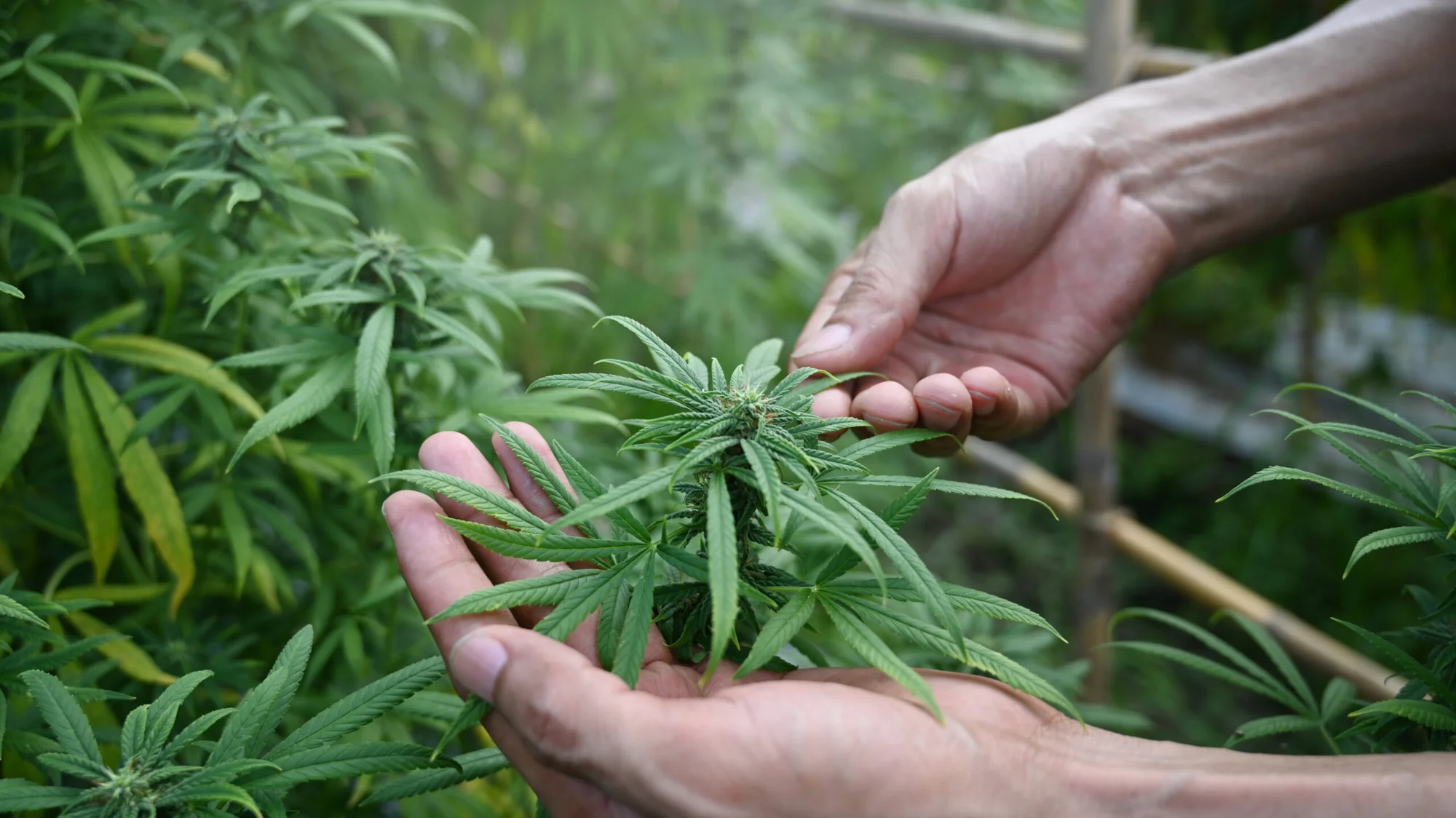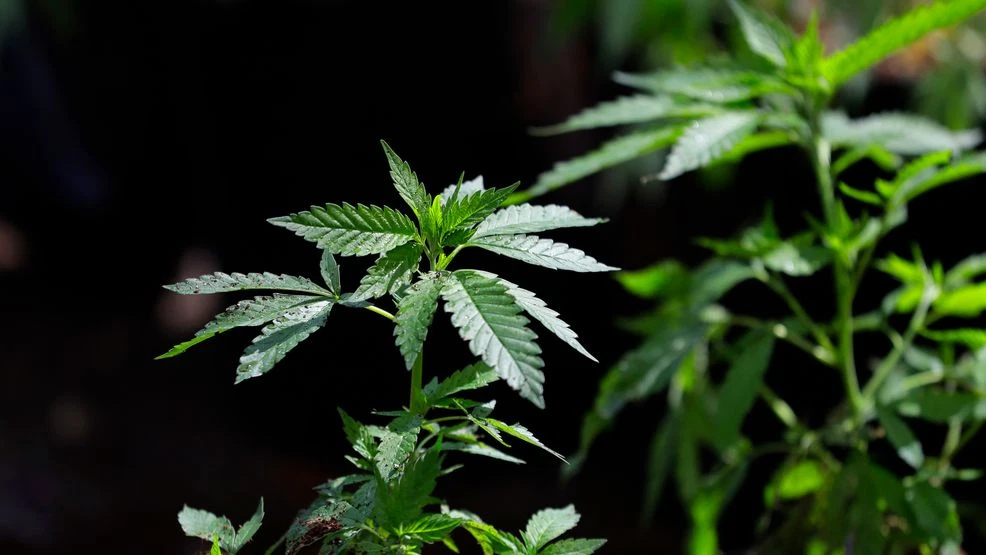The Texas Senate has advanced a bill to broaden the state’s medical cannabis program, allowing for more qualifying conditions and new product types. On Tuesday, the Senate unanimously approved House Bill 46, which expands eligibility to include conditions such as chronic pain and Crohn’s disease. The legislation also permits the sale of vaporized and aerosol cannabis products by prescription.
Originally introduced by Rep. Ken King, R-Canadian, House Bill 46 passed the House earlier this month with a vote of 122-21. The bill aims to increase access by enabling patients to use a variety of delivery methods, including cannabis patches, lotions, inhalers, and vaping devices.
If enacted, the bill will notably add chronic pain and terminal or hospice care to the list of qualifying conditions for medical cannabis use. Sen. Charles Perry, R-Lubbock, emphasized that patients with chronic pain will primarily be those already prescribed opiates, tying the designation to established medical definitions.
The legislation also addresses operational challenges faced by licensed dispensers. It allows for the establishment of more satellite locations, increasing the total number of dispensers from three to twelve statewide. This change aims to alleviate logistical issues that arise from Texas regulations, which currently require dispensers to manage all operations—including cultivation, processing, testing, and dispensing—from a single site. Presently, products must be transported daily, sometimes over thousands of miles, leading to higher costs for consumers and limiting access to the medical cannabis program.
Perry noted that the ability to store products at multiple locations should help reduce expenses associated with daily transportation. The most significant aspect of House Bill 46 is the inclusion of vaporized and aerosol cannabis products, which are currently not authorized under the Texas medical program. Available products are limited to gummies, lozenges, topicals, beverages, and tinctures.
This change aims to align the medical cannabis offerings with the more popular and accessible products found in the unregulated hemp market. The Texas medical program faces competition from low-cost hemp products, which provide similar effects without the requirement of a medical appointment for purchase.
Texas lawmakers are also moving forward with legislation that would effectively ban many hemp products, citing concerns over unregulated sales and their potential impact on public health. Lt. Gov. Dan Patrick stated that the goal is to eliminate ‘bad actors’ from the market and strengthen the state’s Compassionate Use Program.
Opposition to the hemp ban has emerged, particularly from those who rely on these products for medical needs. Veterans and families of children with disabilities have expressed concerns about losing access to affordable hemp options. Sen. Roland Gutierrez, D-San Antonio, highlighted the need for balance, ensuring that vulnerable populations have access to safe alternatives without exposing younger individuals to risks associated with unregulated products.
Next, House Bill 46 will undergo a final review in the House before it is sent to Governor Greg Abbott for potential enactment. If signed into law, these changes could significantly reshape the landscape of medical cannabis in Texas, responding to both patient needs and industry challenges.




